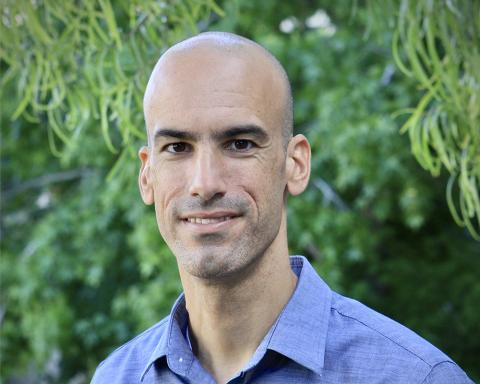Abstract
Cell Rep Methods. 2025 Apr 23:101032. doi: 10.1016/j.crmeth.2025.101032. Online ahead of print.
ABSTRACT
Epigenomic profiling of the brain has largely been done on bulk tissues, limiting our understanding of cell type-specific epigenetic changes in disease states. Here, we introduce cell type-specific histone acetylation score (CHAS), a computational tool for inferring cell type-specific signatures in bulk brain H3K27ac profiles. We applied CHAS to >300 H3K27ac chromatin immunoprecipitation sequencing samples from studies of Alzheimer's disease, Parkinson's disease, autism spectrum disorder, schizophrenia, and bipolar disorder in bulk postmortem brain tissue. In addition to recapitulating known disease-associated shifts in cellular proportions, we identified cell type-specific biological insights into brain-disorder-associated regulatory variation. In most cases, genetic risk and epigenetic dysregulation targeted different cell types, suggesting independent mechanisms. For instance, genetic risk of Alzheimer's disease was exclusively enriched within microglia, while epigenetic dysregulation predominantly fell within oligodendrocyte-specific H3K27ac regions. In addition, reanalysis of the original datasets using CHAS enabled identification of biological pathways associated with each neurological and psychiatric disorder at cellular resolution.
PMID:40300607 | DOI:10.1016/j.crmeth.2025.101032
UK DRI Authors
